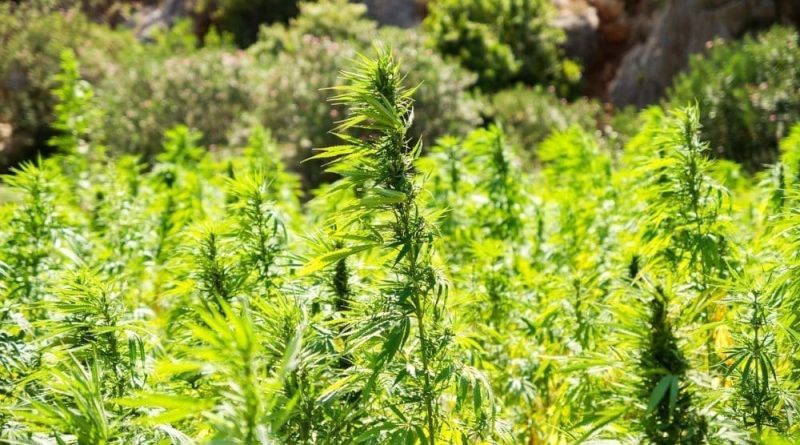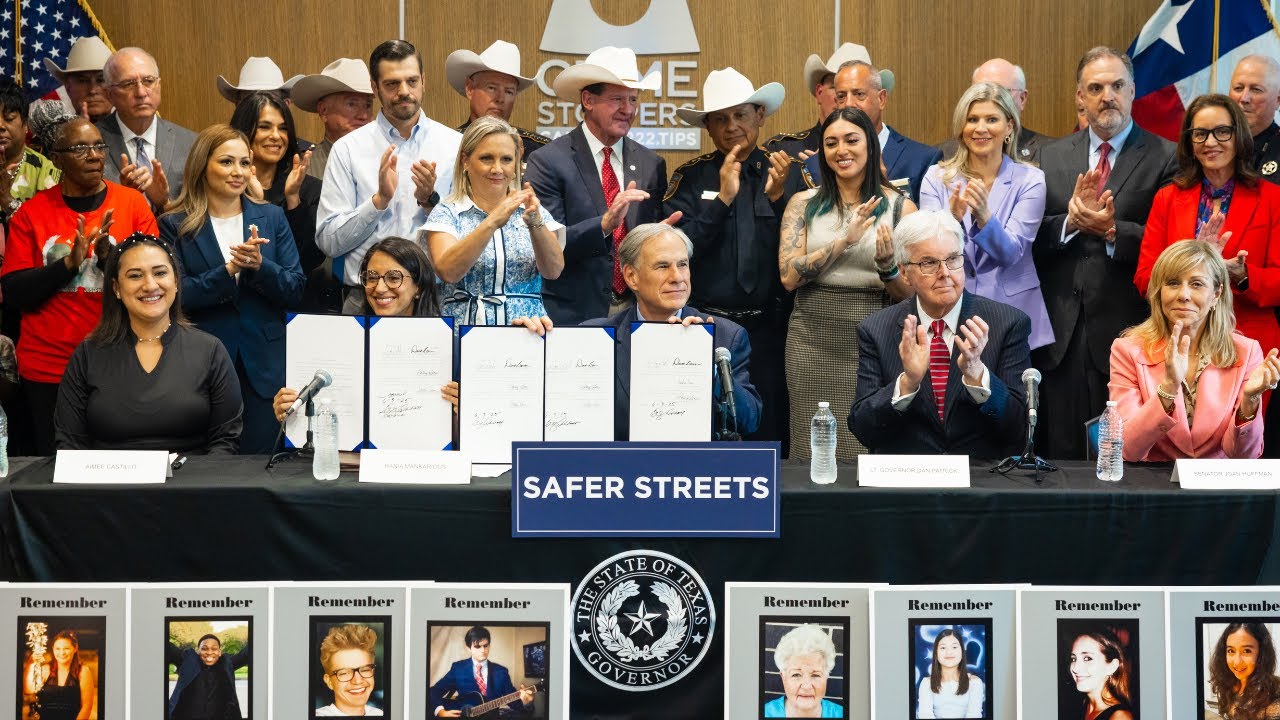Texas Governor Refuses To Say Whether He’ll Sign Or Veto Hemp Ban Bill Amid Intense Pushback
From toxifillers.com with love
The governor of Texas won’t say whether he plans to sign or veto a bill to outlaw all consumable hemp-derived cannabinoid products containing any detectable THC that was sent to his desk last week.
Amid intense pushback from the hemp industry, military veterans groups and other stakeholders over the legislation from Sen. Charles Perry (R), Gov. Greg Abbott (R) was asked during an unrelated bill signing ceremony on Tuesday what he intends to do about the cannabis measure.
SB 3 “is one of literally more than a thousand bills on my desk—all of which need my careful consideration and evaluation—and I will give all of those pieces of legislation the consideration and time that they deserve,” Abbott said, while sitting beside one of the measure’s most vocal supporters, Lt. Gov. Dan Patrick (R).
The comments came as hemp advocates and stakeholders delivered more than 100,000 petition signatures asking Abbott to veto the measure. Critics of the bill have said the industry—which employs an estimated 53,000 people—would be decimated if the measure becomes law.
The governor has three options for the proposal: sign it, veto it or allow it to take effect without his signature. The deadline for his decision is June 22.
In a follow-up to Abbott, a reporter on Tuesday reframed his question to ask how he feels about the current policy “as a dad,” but the governor again declined to state his position, saying it was a “very nice twist of the question,” but “you’re still not going to get an answer.”
Last month, a spokesperson for the governor similarly declined to disclose Abbott’s plan for the bill, saying only that he “will thoughtfully review any legislation sent to his desk.”
Texas lawmakers legalized the sale of consumable hemp in 2019, following enactment of the 2018 federal Farm Bill, which legalized the plant nationwide. That’s led to an explosion of products—including edibles, drinks, vape products and cured flower—sold by an estimated 8,000 retailers.
Military veterans advocates, including Texas Veterans of Foreign Wars, have called on the governor to veto the hemp ban, saying it “would cause irreversible harm to communities across the state.”
Farmers have also said the prohibition would devastate a key sector of the state’s agriculture industry.
—
Marijuana Moment is tracking hundreds of cannabis, psychedelics and drug policy bills in state legislatures and Congress this year. Patreon supporters pledging at least $25/month get access to our interactive maps, charts and hearing calendar so they don’t miss any developments.![]()
Learn more about our marijuana bill tracker and become a supporter on Patreon to get access.
—
Last month, meanwhile, the Texas House passed a pair of bills designed to ensure speedy access to psychedelic-assisted therapy in the event of FDA approval, but they did not clear the Senate by the end of the session.
More recently, lawmakers over the weekend passed a bill to significantly expand the state’s medical marijuana program, sending it to the governor.
Just days after the legislation from Rep. Ken King (R) advanced through the Senate, with amendments that watered down the original House proposal, bicameral negotiators worked out a compromise over the weekend and then each chamber gave final approval on Sunday.
The final version of the bill—which cleared the House on a 138-1 vote and the Senate by a vote of 31-0—would expand the state’s list of medical cannabis qualifying conditions to include chronic pain, traumatic brain injury (TBI), Crohn’s disease and other inflammatory bowel diseases, while also allowing end-of-life patients in palliative or hospice care to use marijuana.
Separately in Texas, a House committee approved a Senate-passed bill last month that would prohibit cities from putting any citizen initiative on local ballots that would decriminalize marijuana or other controlled substances—as several localities have already done despite lawsuits from the state attorney general.
Under the proposal, state law would be amended to say that local entities “may not place an item on a ballot, including a municipal charter or charter amendment, that would provide that the local entity will not fully enforce” state drug laws.
While several courts have previously upheld local cannabis decriminalization laws, an appellate court comprised of three conservative justices appointed by the governor has recently pushed back against two of those rulings, siding with the state in its legal challenge to the marijuana policy in Austin and San Marcos.
Despite the ongoing litigation and advancement of the House and Senate bills, Texas activists have their targets set on yet another city, Kyle, where they hope put an initiative before voters to enact local marijuana reform at the ballot this coming November.
A recent poll found that four in five Texas voters want to see marijuana legalized in some form, and most also want to see regulations around cannabis relaxed.
North Carolina Governor Backs Marijuana Legalization And Forms A Bipartisan Commission To Craft A Plan
Photo courtesy of Pixabay.



